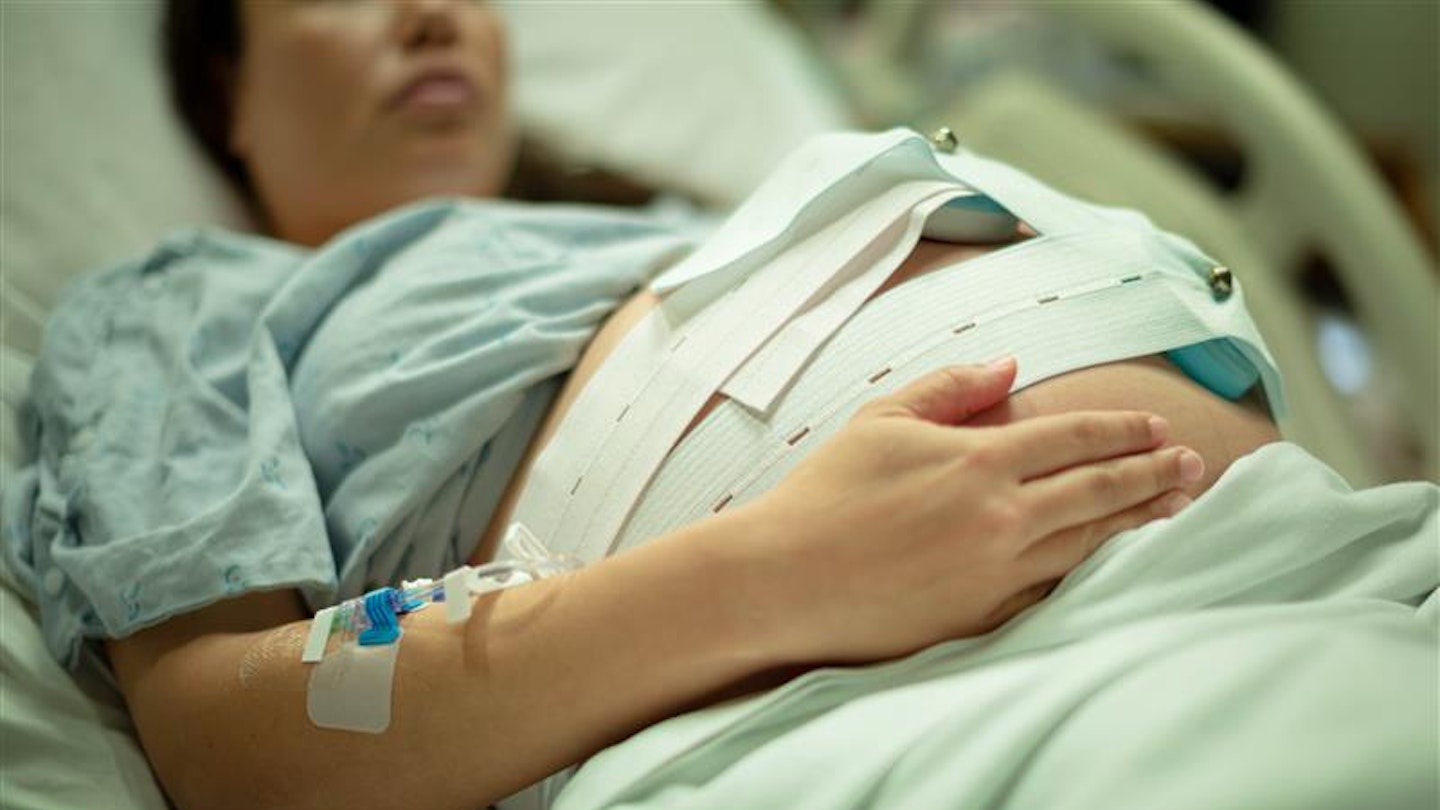When my son was born, in a hurry, with the cord around his neck, I was just relieved to finally see him, and in awe of the brisk efficiency and kindness of the midwives, obstetricians and anaesthesiologists who looked after us so brilliantly.
Now I feel a shiver of dread when I consider how lucky we were. What if we hadn’t had the senior midwife looking after us that evening? What if she hadn’t been watching his heart rate like a hawk since she started her shift four hours earlier, or if they’d waited too long to get him out? The more I thought about it, the more our healthy child felt like a prize we’d won in a game of chance. I felt the same shiver of dread when I read the findings of the Ockenden report, the result of a five-year investigation into maternity services at Shrewsbury and Telford NHS Trust.
The investigation, headed up by senior midwife Donna Ockenden, considered 498 cases of stillbirth and found one in four had significant or major concerns in maternity care that, if managed appropriately, could or would have resulted in a different outcome. In 12 cases of maternal death, none of the mothers received care in line with best practice at the time. This report, as well as the initial one published in December 2021, also highlighted the trust’s obsession with hitting targets to keep levels of Caesarean sections as low as possible as a major issue. Poor training, chronic underfunding, and staff shortages were also flagged as huge causes for concern, as well as the trust’s refusal to properly investigate patient concerns. The report makes for harrowing reading, and the stories highlighted are heart breaking.
And although I don’t know anyone who faced the unimaginable tragedy of those families in Shropshire, certain elements of the report, where dogma replaced care and concern, sounded eerily familiar.
I went into hospital to have my son hoping for as little intervention as possible (I was still asking for a water birth as they put the hormone drip in for my induction). But I also understood that childbirth was unpredictable, and my biggest fear was what happened if things didn’t work out. I had visions of begging for pain relief, for my husband to have to run out of the room searching for help if the baby became distressed or being ignored and denied a C-section until things became very scary. These weren’t figments of my imagination, but stories friends had shared after their own traumatic births.
Earlier this year, NHS England abandoned the use of Caesarean targets as a performance measure, while the head of the Royal College Of Midwives has apologised for its part in promoting ’normal’ births that have contributed to the needless deaths of mothers and babies. The end of these targets has been a long time coming and are much needed – apart from it being dangerous, it applies a ‘gold standard’ to childbirth that simply doesn’t match the reality of our experiences.
But it’s not the only issue at play. The report highlights 15 immediate and essential actions for all maternity services in England. The first? Funding a safe maternity workforce. Even as the report was released, the Royal College of Midwives warned that a shortage of 2,000 midwives means women and babies remain at risk of unsafe care in the NHS. Chief Executive Gill Watton said, ‘I am deeply worried when senior staff are saying they cannot meet the recommendations in the Ockenden review, which are vital to ensuring women and babies get the safest possible maternity care.’
As I prepare to go to a different hospital to have my second child in a few weeks, that feeling of dread is back. The help, support and care I had when my son was born was second-to-none, but what if I just got lucky that time? Forget discussions about pain relief, or how a baby is born - individualistic, patient-led care should be the gold standard for childbirth, and until our creaking, over-stretched maternity system can offer this, giving birth will always feel like a terrifying game of chance.
